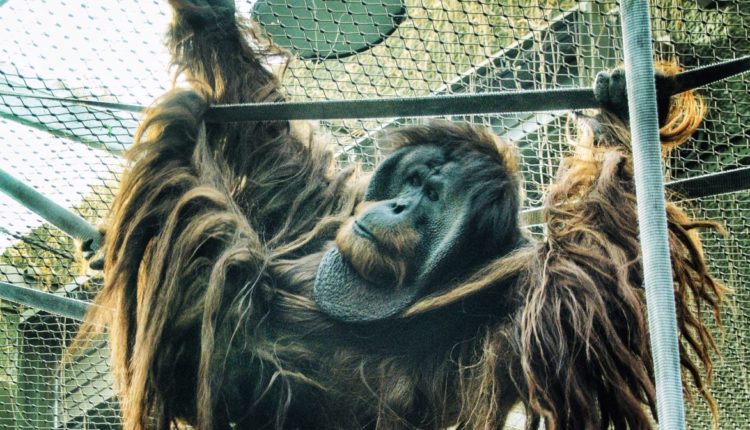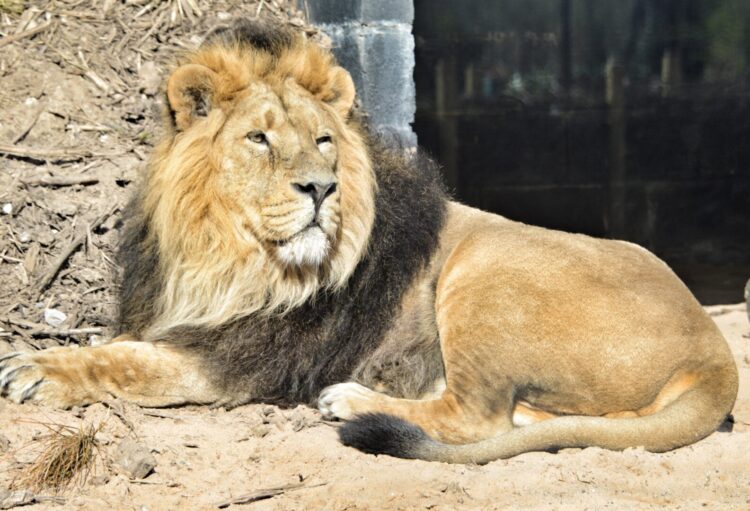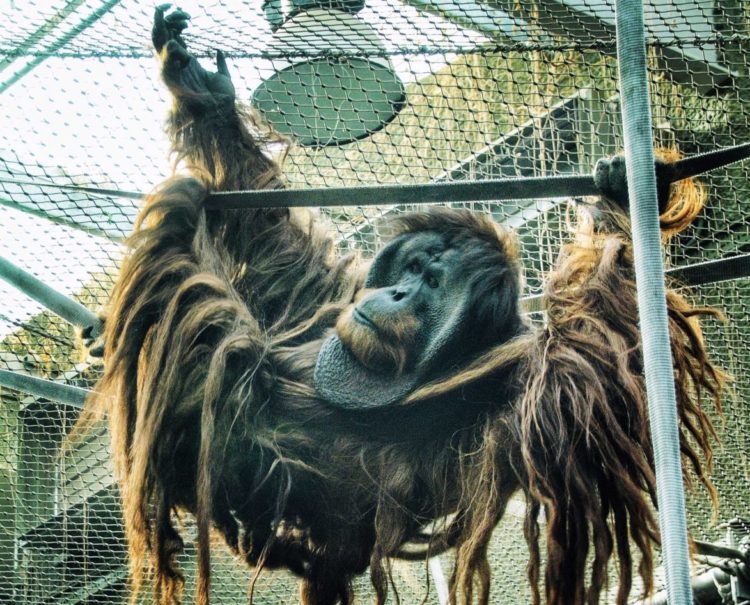
At the start of June the coronavirus lockdown was threatening the survival of Chester Zoo and it still faces a battle despite reopening a month ago. Tony McDonough reports

Chester Zoo’s finances remain in a precarious financial position following its enforced COVID-19 shutdown and fears a second lockdown would have a “severe’ impact.
In early June the zoo launched an urgent public appeal for donations saying the continuation off the coronavirus lockdown, imposed in late March, was a threat to its existence. It to finance its £1.6m monthly running costs from zero income.
However, after joining with other zoos and local politicians, the zoo was allowed to reopen its gates in mid-June. However, in an interview with the Cheshire Live website, Chester Zoo’s chief operating officer Jamie Christon said the crisis was far from over.
On a normal weekday in July, the zoo would expected to welcome 9,000 to 10,000 visitors. However, to comply with social distancing, the zoo is operating a bookings-only policy and is currently restricting numbers to under 5,000 a day.
Mr Christon said: “We are still at reduced capacity and have gradually made more and more changes as Government guidance has changed, like reopening some larger animal houses and some of our restaurants for takeaway.
“All of these are staffed, which has taken up a lot of resource for us, we are managing to maintain the 2m social distancing where possible and have the Welcome team always on hand give consistent reassurance to visitors. It’s all been good so far.
“But we are definitely not out of the woods yet – we are running at vastly reduced capacity. We are slowly increasing numbers by a couple of hundred every few days and monitoring the safety but it’s very unlikely we’ll not be running at reduced capacity for the rest of the year.”
The fundraising campaign raised more than £1m, for which Mr Christon says he is extremely grateful, but he added the zoo still had a £5m black hole in its finances. There have been a number of voluntary redundancies among the staff compulsory redundancies remain a real possibility.

“We are planning towards a worst case scenario and doing financial scenario forecasting for a local lockdown or a second national spike and just taking every week as it comes as the situation is so fluid – it’s hard to get an idea of that the future holds,” said Mr Christon.
“But we need to plan for what would happen if another lockdown happened during one of our busiest times of year – we have various events planned in autumn and winter which could help us recover but we have to consider what would happen if the worst did happen.
“The public fundraising campaign was absolutely fantastic and we say a massive thank you to everyone who raised money for us. But there is still a massive £5m hole in our finances.”
It is estimated the zoo, and its 37,000 animals, generates more than £80m for the regional economy every year and, during the normal summer peak period, employs up to 1,000 people. It is also involved in 80 conservation projects around the world.
He said the zoo’s priority was the safety of its visitors and Mr Christon asked people frustrated with the web booking process to “please bear with us”. He added: “We want to get back to business as usual but we are following Government guidelines to the letter.”
And praising the zoo’s staff, he said: “Every single one of our staff are keen to support the zoo however they can and are all working so hard. They are all enjoying speaking to visitors and pleased to be back at work after being on furlough. We’ve also welcomed back some of our volunteers to our welcome team.”
